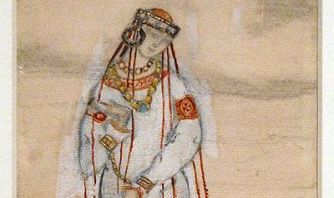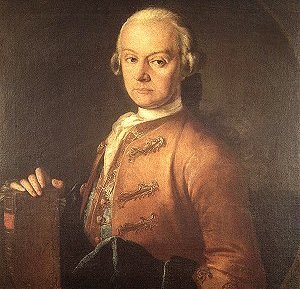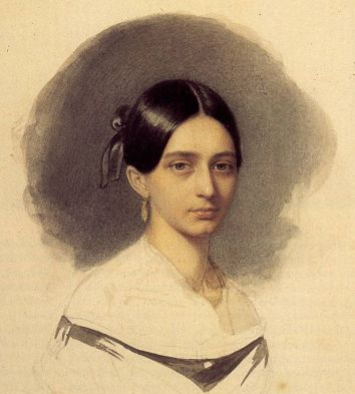Stravinsky & Diaghilev – Anniversary of a Collaboration
Posted on 12th February 2020 at 10:17

1920 was a busy year for Stravinsky and Diaghilev with the premiere of the ballet Le Chant du Roissignol on 2nd February and the premiere of Pulcinella on 15th May.
Stravinsky first worked with Diaghilev on L’Oiseau de Feu (The Firebird) in 1910.
The work is of interest both as Stravinsky’s breakthrough piece and as the beginning of one of the most well known collaborations in the ballet world.











